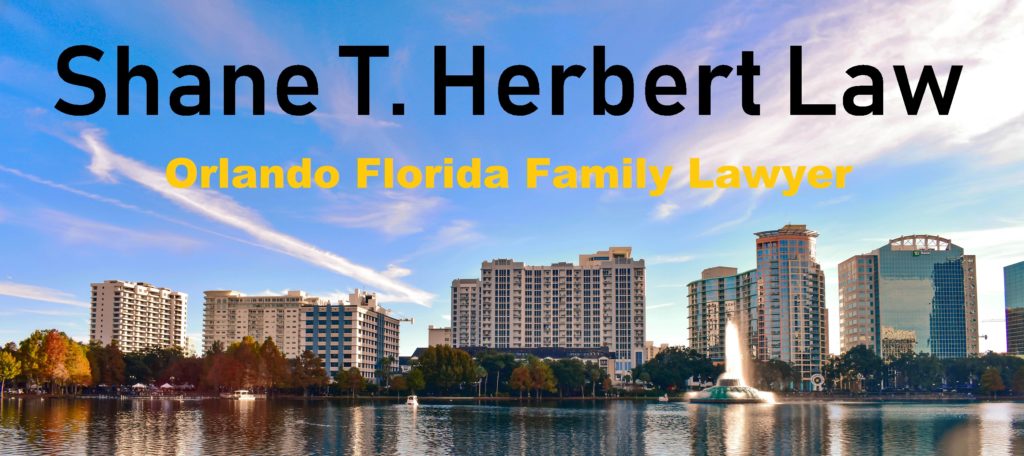Terminating a marriage that involves mutual children can bring about a lot of anxiety and uncertainty related to litigation when it comes time to decide where the children will live and under what circumstances they will see the other parent. Fortunately, a divorce decree is a helpful tool that sets in place certain child custody limitations and allowances for both custodial parents, all in the best interests’ of the children.
To help relieve such stress and confusion regarding your child custody divorce decree, it is helpful to understand the current and accepted terminology surrounding child custody cases. Many couples use the terms child custody, visitation, and timesharing, interchangeably, but these are not all current nor universally-accepted terms in the area of law.
Continue reading to learn the difference among child custody, visitation, and timesharing, as well as, where you can request personalized guidance for your family legal matters.

Child Custody Legalese
Any type of legalese, or law-related jargon, can be confusing to the average person. So it is no surprise the parents find themselves in a panic when trying to understand the difference between visitation and timesharing. Are they the same thing? Is child custody different from visitation? These are all relative and pertinent questions you should be asking yourself when facing a divorce that involves sharing (or not sharing) child custody. That is because it is important to learn more about Florida child custody before entering into any agreement so that you can be better prepared for your hearing’s outcome.
Florida Uses the Term, Timesharing
Here in Florida, the accepted legal term is timesharing. The terms custody and visitation are no longer used by the courts. Instead, the Florida Statutes require that Courts implement a Parenting and Timesharing Plan for divorcing or separating married couples. There are two types of child custody that the state of Florida recognizes: physical custody and legal custody. Physical custody refers to the actual residence of the child, whereas legal custody refers to who can make major decisions regarding a child’s upbringing. A Parenting and Timesharing Plan is intended to govern how a child’s time will be distributed between two custodial parents, as well as, how important decisions regarding a child’s life will be made.
Variable Custodial Arrangements
Although there are two primary categories of custody, there are several different kinds of custodial arrangements that can be made depending on family’s particular circumstances. For instance, both parents can share legal custody while one maintains primary physical custody and the other has timesharing rights, or one parent can have sole legal and physical custody. It is strongly encouraged to seek professional legal advice for your particular child custody legal matters in order to obtain the best possible outcome for you and your children.
Florida Child Custody Advice You Can Trust
Contact the Law Office of Shane T. Herbert at 407-887-7058 to get trusted legal advice regarding Florida child custody and related family matters. Family attorney, Shane T. Herbert, specializes in divorce, including collaborative divorce and child custody time-sharing. You can choose to have your first appointment over the phone or even video conference, if needed. If you choose an in-office visit, our Orlando family law office is conveniently located in the Metro West area, within the Offices of Veranda Park, which offers free parking.










